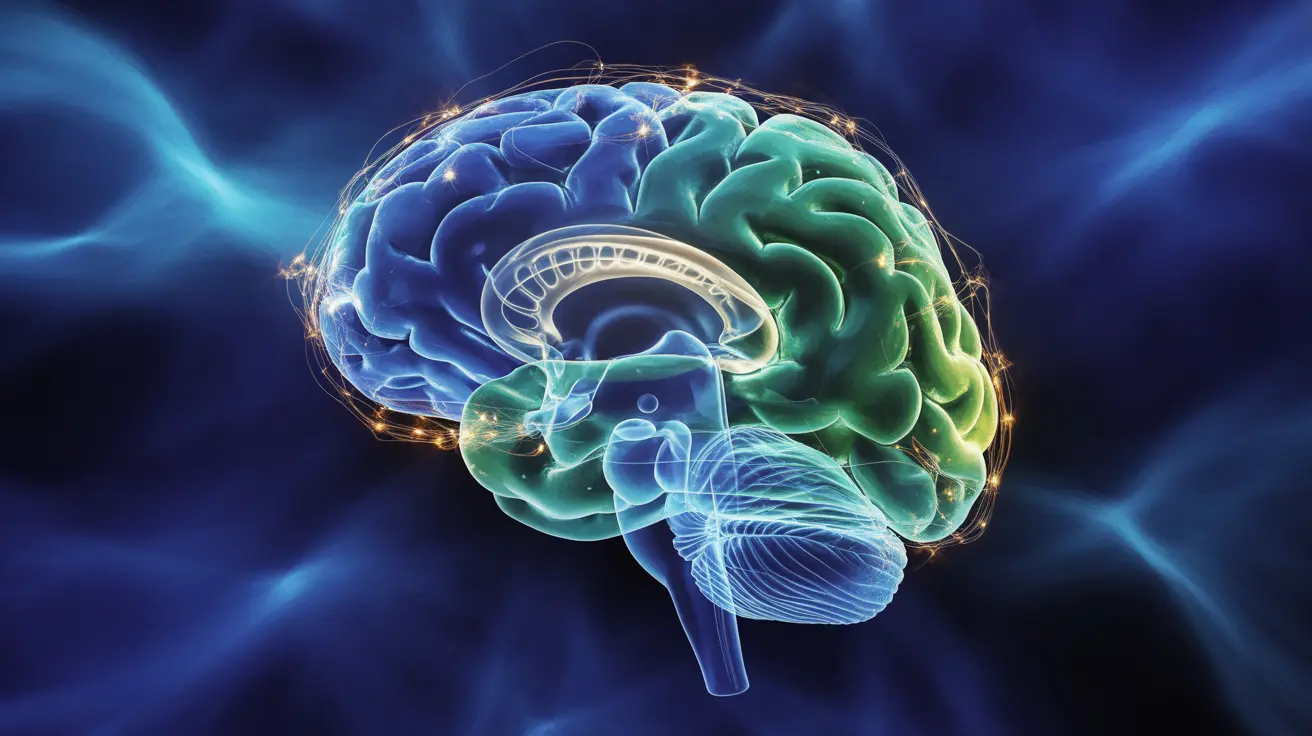The human brain is arguably the most complex and remarkable organ in our body, controlling everything from our thoughts and emotions to basic bodily functions. This incredible organ continues to surprise scientists with its capabilities and mysteries, making it a fascinating subject of ongoing research and discovery.
Let's explore some of the most intriguing aspects of brain development, function, and health, uncovering how this remarkable organ shapes our daily lives and overall well-being.
Brain Development Throughout Life
The human brain undergoes remarkable changes from birth through adulthood. During the first few years of life, the brain produces more than a million neural connections every second. By age three, a child's brain has reached about 80% of its adult size and contains roughly 100 billion neurons.
The teenage brain continues this development process, particularly in areas responsible for decision-making and impulse control. Contrary to previous beliefs, scientists now know that brain development continues well into our mid-20s, with the prefrontal cortex being one of the last regions to fully mature.
The Brain's Composition and Water Dependence
The human brain is approximately 73% water, making proper hydration crucial for optimal function. Even mild dehydration can significantly impact cognitive performance, affecting memory, attention, and decision-making abilities. The brain requires this high water content to maintain proper electrical activity and to facilitate the transmission of neural signals.
When dehydrated, brain tissue can actually shrink and pull away from the skull, triggering pain receptors and causing headaches. This is why staying properly hydrated is essential for maintaining brain health and cognitive function.
Understanding Common Brain Phenomena
Many everyday experiences are directly linked to fascinating brain processes. "Brain freeze," for instance, occurs when cold substances quickly contact the roof of your mouth, triggering a rapid dilation of blood vessels that the brain interprets as pain.
Phantom limb pain, experienced by some amputees, demonstrates the brain's remarkable ability to maintain neural maps of the body, even after physical changes. This phenomenon occurs because the brain continues to receive signals from neural networks that previously connected to the lost limb.
Brain Activity and Common Myths
The popular notion that humans only use 10% of their brain is a complete myth. Modern imaging studies show that we use nearly all parts of our brain, even during simple tasks. Different activities activate different regions, but no part of the brain is completely inactive.
During sleep, the brain remains highly active, engaging in crucial processes like memory consolidation and toxic waste removal through the glymphatic system. In fact, some areas of the brain are more active during sleep than when awake.
Lifestyle Factors and Brain Health
Diet, exercise, and lifestyle choices significantly impact brain function and long-term cognitive health. Regular physical activity increases blood flow to the brain, promoting the formation of new neural connections and potentially reducing the risk of cognitive decline.
Alcohol consumption can affect brain structure and function, particularly in developing brains. Meanwhile, a balanced diet rich in omega-3 fatty acids, antioxidants, and essential nutrients supports optimal brain health and cognitive performance.
Frequently Asked Questions
**What are some surprising facts about how the human brain grows and develops from infancy to adulthood?** The brain creates over 1 million neural connections per second in early childhood, reaches 80% of adult size by age three, and continues developing until the mid-20s. The prefrontal cortex, responsible for complex decision-making, is the last region to fully mature.
**How does dehydration affect brain function and why is the brain mostly made of water?** The brain is 73% water, which is essential for electrical conductivity and neural signal transmission. Dehydration can cause brain tissue shrinkage, leading to headaches and impaired cognitive function, including decreased memory and attention.
**What causes common brain-related phenomena like headaches, brain freeze, and phantom limb pain?** Brain freeze results from rapid blood vessel dilation in response to cold stimuli, while phantom limb pain occurs when the brain continues processing signals from neural networks previously connected to an amputated limb. Headaches can be triggered by various factors, including dehydration and blood vessel changes.
**Is it true that humans only use 10% of their brain, and how active is the brain during sleep?** The 10% myth is false; we use nearly all parts of our brain regularly. During sleep, the brain remains highly active, performing crucial functions like memory consolidation and cellular repair through the glymphatic system.
**How do lifestyle factors like diet, alcohol use, and exercise impact brain health and cognitive abilities?** Exercise increases brain blood flow and promotes new neural connections, while a balanced diet rich in omega-3s and antioxidants supports cognitive function. Alcohol can negatively impact brain structure and function, particularly in developing brains. Regular physical activity and proper nutrition are essential for maintaining optimal brain health.




